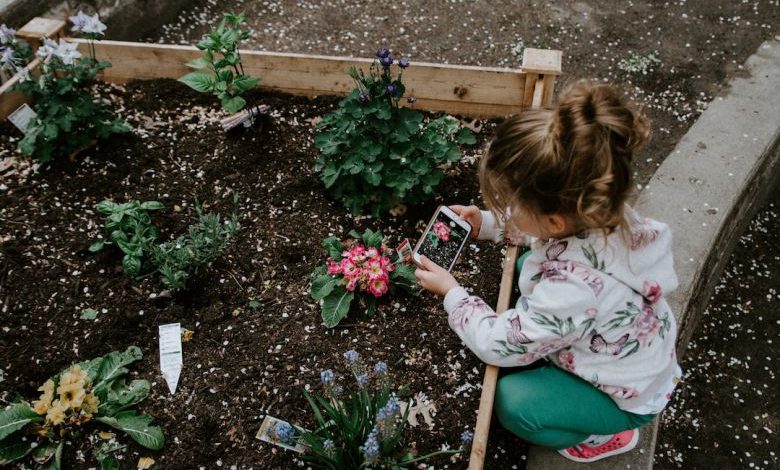How Often Should I Water My Garden during the Summer?

Summer is a time when gardens thrive with vibrant colors and lush foliage. However, with the scorching heat and dry conditions, it is crucial to provide your garden with the right amount of water to keep it healthy and flourishing. Many gardeners wonder, “How often should I water my garden during the summer?” In this article, we will explore the factors that influence watering frequency and provide some helpful guidelines to ensure your garden stays hydrated.
Understanding the Needs of Your Garden
Before determining how often to water your garden, it is essential to understand the specific needs of your plants. Different plants have different requirements for water, depending on their species, size, and stage of growth. Some plants, such as succulents, have adapted to arid conditions and require less water, while others, like vegetables and annual flowers, have higher water needs.
Assessing Soil Moisture
A key indicator of when to water your garden is the moisture level of the soil. To assess this, stick your finger about an inch into the soil near the plant’s base. If the soil feels dry, it is time to water. However, if it feels damp, it is best to wait and check again in a day or two. Overwatering can drown the roots and lead to root rot, so it is crucial to strike a balance and avoid unnecessary watering.
Factors Affecting Watering Frequency
Several factors influence how often you should water your garden, including the type of soil, weather conditions, and the age of your plants. Let’s take a closer look at each of these factors:
1. Soil Type: Sandy soils drain water quickly, so they require more frequent watering, whereas clay soils retain moisture for longer periods, necessitating less frequent watering. Loamy soils, which are a mixture of sand, silt, and clay, strike a balance and provide good drainage while retaining adequate moisture.
2. Weather Conditions: Hot and dry weather conditions increase the evaporation rate, causing the soil to dry out more quickly. During heatwaves or prolonged dry spells, you may need to water your garden more frequently to compensate for the increased water loss.
3. Plant Age: Young plants have smaller root systems and are more susceptible to drying out. Therefore, they generally require more frequent watering than established plants. As plants mature and develop deeper root systems, their water needs may decrease.
Watering Techniques
Now that we have discussed the factors affecting watering frequency, let’s explore some effective watering techniques to ensure your garden receives the right amount of water:
1. Deep Watering: It is better to water deeply and less frequently than to water lightly and frequently. Deep watering encourages plants to develop deep, robust root systems, making them more resilient and able to access water from deeper soil layers. Watering deeply also helps prevent shallow root growth, which can make plants more vulnerable to drought.
2. Watering in the Morning: Watering your garden in the early morning allows plants to absorb moisture before the heat of the day. This minimizes water loss due to evaporation and helps prevent the development of fungal diseases that thrive in damp conditions.
3. Mulching: Applying a layer of organic mulch, such as wood chips or straw, around your plants helps conserve soil moisture by reducing evaporation. Mulch also helps regulate soil temperature, suppresses weed growth, and improves soil structure over time.
Monitoring and Adjusting
The watering needs of your garden may vary throughout the summer, depending on the changing weather conditions and the growth of your plants. It is essential to monitor your garden regularly and adjust your watering schedule accordingly. Keep an eye on the condition of your plants, checking for signs of wilting or stress, which may indicate inadequate watering. Conversely, be cautious not to overwater, as this can lead to root problems and nutrient leaching.
In conclusion, the frequency of watering your garden during the summer depends on various factors, including plant type, soil type, weather conditions, and plant age. By understanding the specific needs of your plants, assessing soil moisture, and considering these factors, you can develop a watering routine that keeps your garden healthy and vibrant throughout the summer season. Remember to water deeply, preferably in the morning, and monitor your garden regularly to make any necessary adjustments. With proper watering techniques, your garden will flourish and provide you with a beautiful oasis to enjoy all summer long.




